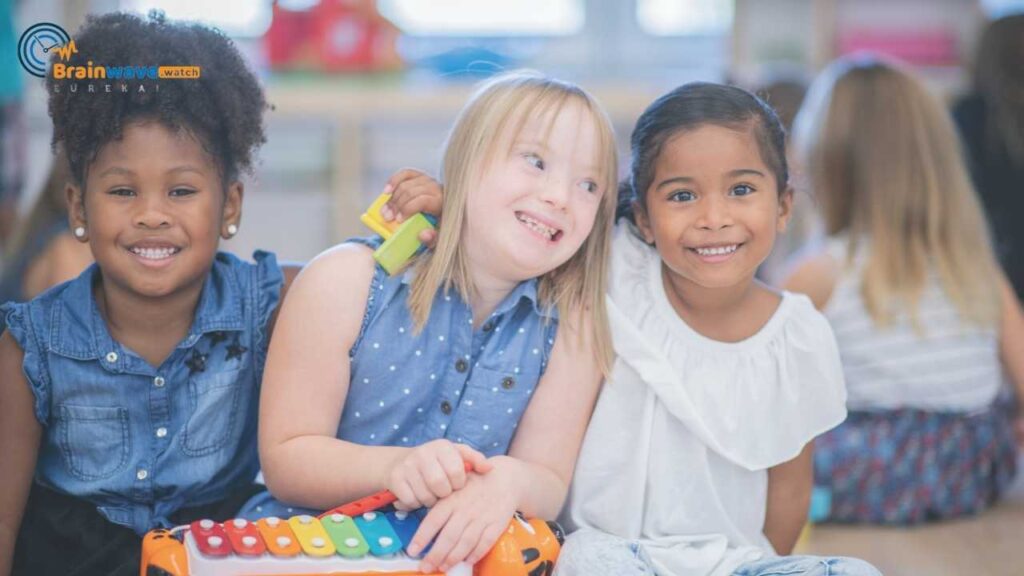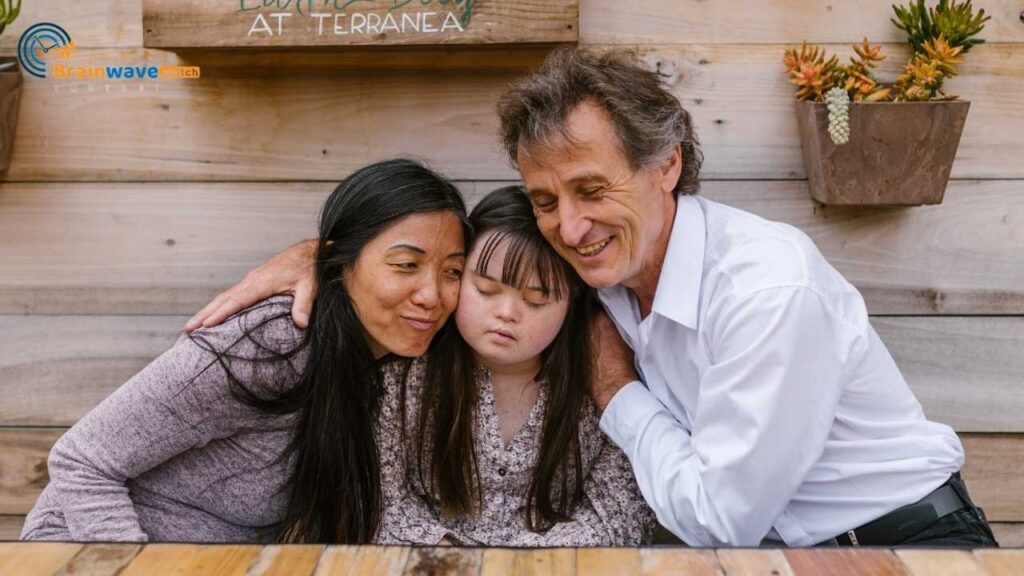Autism is a neurological condition that affects social interaction, communication, and behavior. Autistic individuals may have difficulty with socialization, which can make it challenging to form and maintain relationships with others. Each person with autism is unique and may experience different challenges and strengths when it comes to socialization.
Some common traits associated with autism that may impact socialization include difficulty with nonverbal communication such as eye contact and facial expressions, difficulty with understanding social cues and sarcasm, and a tendency towards repetitive behaviors or routines. These traits can make it challenging for autistic individuals to navigate social situations, understand social norms, and form meaningful connections with others.
Recognize that socialization is a critical aspect of human development, and autistic individuals should have access to opportunities to develop and practice social skills. Social skills groups can be a valuable resource for autistic teens, providing a supportive environment to learn and practice social skills. These groups may focus on a variety of skills such as initiating and maintaining conversations, understanding nonverbal communication, and managing emotions.
There are many other resources available to support autistic individuals in socialization, including individual therapy, occupational therapy, and assistive technology. It is important to work with a qualified professional to determine the best course of action for each individual’s unique needs.
Types of Summer Social Groups
Summer social groups for autistic teens come in many forms, each with its unique benefits and goals. Here are three types of summer social groups that can provide autistic teens with a supportive and engaging environment:
Therapeutic Social Skills Groups
Therapeutic social skills groups are designed to help autistic teens develop and practice social skills in a structured and supportive environment. These groups are typically led by trained therapists or counselors who use evidence-based interventions to help teens learn and practice social skills such as communication, problem-solving, and emotion regulation.
Special Interest Clubs
Special interest clubs are groups that focus on a particular hobby or interest, such as art, music, or gaming. These clubs provide autistic teens with a shared interest and a sense of belonging, which can help build social connections. Special interest clubs can be led by adults or by teens themselves and can meet in person or online.
Inclusive Sports Teams
Inclusive sports teams offer autistic teens the opportunity to participate in team sports in a supportive and inclusive environment. These teams are typically led by coaches who are trained in working with autistic individuals and who can adapt the sport to meet the needs of each participant. Inclusive sports teams can provide autistic teens with opportunities for physical activity, social interaction, and skill development.
Benefits of Summer Social Groups for Autistic Teens
Summer social groups can provide a variety of benefits for autistic teens. These groups are designed to help teens develop social skills, make new friends, and participate in fun activities. Here are a few benefits of summer social groups for autistic teens:
1. Improved Social Skills
Summer social groups are designed to help autistic teens develop social skills that are essential for building and maintaining relationships. Through structured learning, teachers instruct the teens on socially acceptable behavior, model the behavior, have children role-play, and then ask the teens to use these skills with their peers. Direct or explicit instruction and “teachable moments” with practice in realistic settings can help improve social skills.
2. Increased Self-Esteem
Participating in summer social groups can help autistic teens feel more confident and improve their self-esteem. Through participation in group activities, teens can develop a sense of belonging and acceptance, which can lead to increased self-worth.
3. Opportunities for Fun and Recreation
Summer social groups offer opportunities for autistic teens to participate in fun and recreational activities, such as bowling, archery, skating, or martial arts. These activities can help autistic teens develop new interests and hobbies, and provide opportunities for them to connect with peers who share similar interests.
4. Support for Parents
Summer social groups can also provide support for parents of autistic teens. Parents can connect with other parents who have similar experiences and concerns and can share information and resources. This can help parents feel less isolated and more supported in their efforts to help their children.
How to Choose the Right Group
When it comes to choosing a summer social group for autistic teens, consider a few key factors to ensure the best fit for your teen’s needs. Here are some things to keep in mind when choosing the right group:
Assessing Your Teen’s Interests
First and foremost, it’s important to consider your teen’s interests. Look for groups that align with their hobbies or passions, such as art, music, or sports. This can help ensure that your teen will be engaged and motivated to participate in the group activities.
Evaluating Group Structure and Support
Another important factor to consider is the structure and support of the group. Look for groups that have clear rules and expectations, as well as trained staff or volunteers who can provide guidance and support as needed. It’s also important to consider the group’s approach to social skills development and whether it aligns with your teen’s needs.
Considering Group Size and Age Range
Consider the size and age range of the group. Some teens may prefer smaller groups with a more intimate setting, while others may thrive in larger groups with more opportunities for socialization. It’s also important to consider the age range of the group, as your teen may feel more comfortable with peers who are closer in age.
Tips for Parents and Guardians
As a parent or guardian of an autistic teen, it’s important to prepare them for group settings. This can involve helping them understand the social rules and expectations of the group, as well as any sensory accommodations they may need. It’s also important to talk to your teen about what they can expect from the group, so they feel comfortable and confident going into the experience.
One way to prepare your teen is to role-play different social scenarios. This can help your teen practice social skills and build confidence in their ability to interact with others. You can also work with your teen to create a social story that outlines what they can expect from the group, including any sensory accommodations they may need.
As a parent or guardian, you can play an important role in supporting your teen’s social development. This can involve encouraging them to participate in social activities outside of the group, such as hobbies or sports. You can also work with your teen to identify their strengths and interests and help them find opportunities to explore these areas.
Be patient and supportive as your teen navigates social situations. This may involve helping them understand social cues and nonverbal communication, as well as providing positive feedback and reinforcement. By working together, you can help your teen build the social skills and confidence they need to succeed in group settings.







